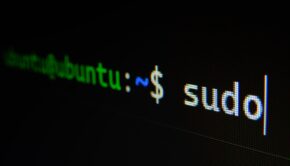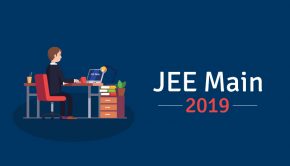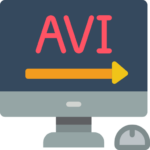How to Find Relevant Study Material Online For Your Project
Online study materials offer a variety of both great promise and great challenges. A resource will not provide value to a student if it does not provide reliable information or provides content that is too challenging to understand.
Selecting and implementing online materials is likely one of the greatest challenges every student faces these days.
The internet offers too many choices, and students have too little time to select a resource.
If you have done an online research, you notice that you are bombarded with an avalanche of instructional materials and apps that do similar things.
This is where a service like learning lists are valuable. Their reviews of each website or application and its material alignment to education standards and technology requirements, including testing to see which devices, browsers and operating systems the material works on, saves students time choosing internet resources. Also social media reviews of instructional apps are helpful, too. As a student strapped for time, you can choose go the easy way and pay for homework help at homeworkdoer to avoid the tiresome process of researching for a paper when you have other things on your plate, however, the following are a few factors to consider when selecting study material online for your research.
Before you even begin your research you should first consider the type of information you need before you start searching.
This information needs will often determine the sources of information you will need looking to find.
Look up the words you are unsure of in your assignment on the dictionary first
Are you unsure of the meaning of any particular word in the task you have been given? A dictionary is the first source to check if you are unsure of the meaning of a word. In addition to a range of general dictionaries and encyclopedias you will find on the internet, a range of subject specific dictionaries and encyclopedias are also available. You can find dictionaries using the Library Catalogue or you can also find a wide range of dictionaries and glossaries online.
Find out if you need any more background information
Basic concepts of a study are often covered most clearly in a textbook or reference book for the subject. Use your institution’s Course Reading List to find materials in the Library’s textbook Collection. First search the library catalogue extensively for books on your general subject area before getting to the internet.
Find out whether your topic includes a geographic restriction
Sometimes topics given focus on particular location, such as a countries or regions
e.g. to find information about Asia look at Asian resources.
The Library has a large collection of Asian databases that may have more relevant information on the topic you have.
Off campus access to databases is restricted to some students and staff in some of the institutions.
You should determine if you are restricted to a particular date range
Some topics require you to find information published in a particular time frame or to investigate a particular event that occurred within a particular period of time.
If a time frame has been stated, make sure to search for information that is written during or about that time frame. Most resources, such as the library catalogues and databases can be searched by publication date range or by keywords on a time period. In the case that you need to find information about events or time periods, you may need to do some background research to find which dates are relevant to your topic before embarking on the actual research.
Find out whether you need to use peer reviewed sources
A peer reviewed publication, or refereed journal, is one where articles submitted to the write up are reviewed by experts who work in the field of research, before they get accepted for publication. It may be a review by an independent professional editorial board or where write ups are sent to professional reviewers independent to the board. The reviewers and board members are experts in the field of study. They are people who independently assess for quality, accuracy and other criteria. Some databases can allow you to limit your search only to peer reviewed journals.
Most institutions prefer resources that have been reviewed as such for citations in essays and assignments.

















